[This page is not up-to-date. Projects are accurate but further details and under review works are yet to be added]
Ongoing Projects
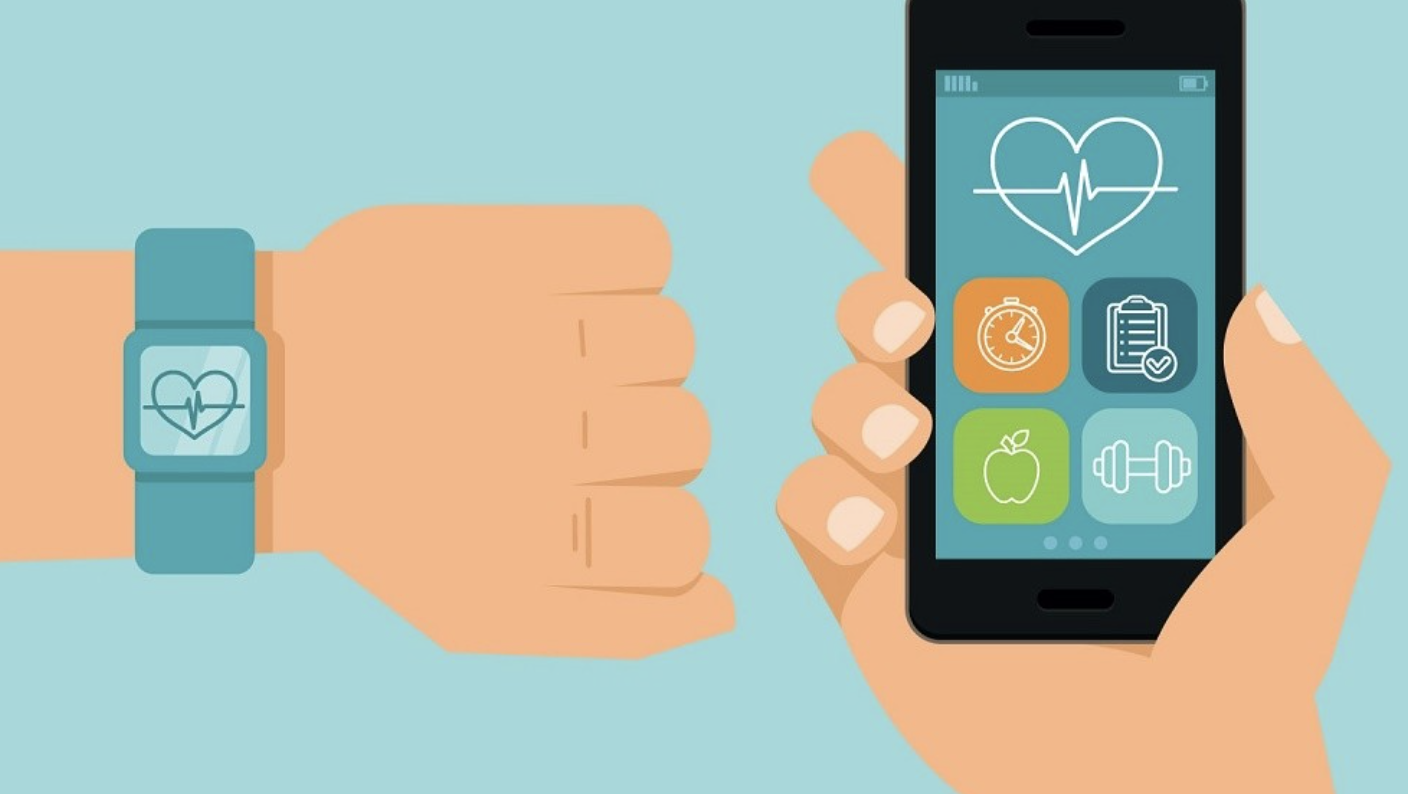
Generative AI for Supporting Sense-Making & Reflection on Self-Tracked Health Data
Reflection and sense-making is a key part of personal informatics models. However, identifying and obtaining meaningful quantities of data to base decisions on is often challenging, especially when people have heterogeneous data & diverse tracking goals. With the coming up of Generative AI tools (e.g., ChatGPT), there is an opportunity to enhance personalized care, such as to generate personalized recommendations for lifestyle factors like exercise, diet, and sleep. I am leveraging ChatGPT to explore the potential of generative AI for supporting individuals draw more personalized and actionable insights from their self-tracking health data. Using a combination of qualitative and quantitative methods, I am examining how people frame questions based on their self-tracked health data and their perceptions of the responses received.
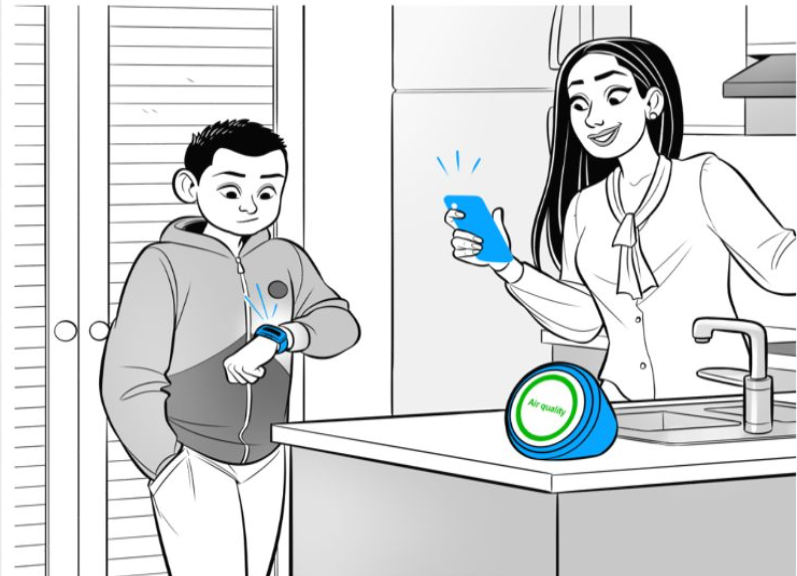
Community-Informed Considerations for Advancing Equity in mHealth: Hispanic & Latinx Perspectives
Mobile health has the potential to advance equitable and accessible healthcare. However, it is important to understand and incorporate perspectives of underrepresented communities to reduce health disparities and design culturally-responsive health technology. Our research focuses on Hispanic & Latinx communities as they bear a disproportionate burden of chronic conditions, but are often excluded from technology design. We conducted focus groups in rural & urban Washington with Hispanic & Latinx individuals to explore health condition & population‑specific considerations for clinical utility, usability, burden, privacy & data sharing in mHealth and AI-based digital health tools. We are incorporating these learnings to design a resource to guide designers and developers in creating more community-informed health technologies. This is a multidisciplinary collaboration across bioethics, pediatric pulmonology, clinical research, public health, and human-centered design of technology.
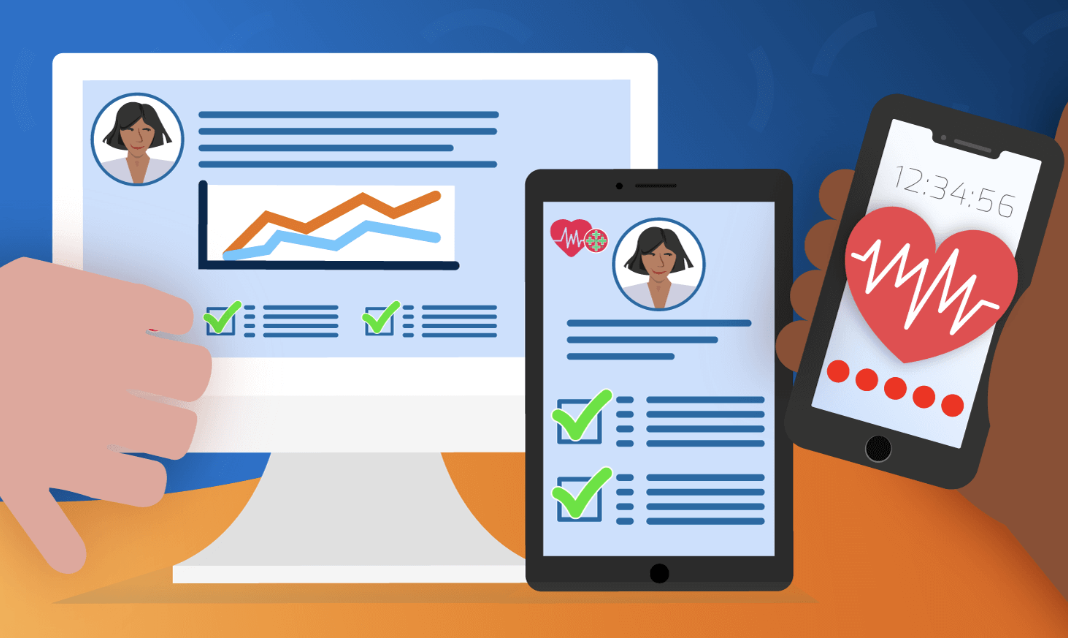
A Cohort Study of COVID Long Haul Patients & Data Needs to Support Clinical Decisions
COVID Long Haul is an emerging chronic illness which drastically impacts people's health and experiences post-COVID. However, little is known about this relatively new chronic condition. In collaboration with Parkview Health, we conducted a cohort study to understand the data needs and communication practices between providers and COVID Long Haul (CLH) patients. We are also analyzing multiple data streams to to understand how data can better support personalized treatment and clinical care decisions for CLH. I am using a combination of qualitative and quantitative methods to collect data and analyze health tracking, survey, interview, and EHR data.

Designing to Record & Share Menopause Experience Across Generations
Menopause is often medicalized or overlooked, devaluing women’s experiences and failing to support their transition into menopause. Family history has implications on menopause as well but due to family dynamics, death, and taboo, women often miss out on essential information that can help contextualize their experiences. We conducted interviews and co-design sessions with people who have experienced or are currently experiencing menopause to understand their current practices and design to support recording and sharing menopause experiences across generations and within families. This work is currently under review.

Analysing Data from Bayesian Analysis Modeling of Health Tracking Data
Identifying connections between causes and effects (e.g., symptoms) can help people with chronic health conditions make more informed decisions about their health. However, gaining such actionable insights from tracked data is often challenging and not well-supported by current tools. I am analyzing qualitative data collected of individuals using a tool that employes a Bayesian network framework to support them in visualizing and analyzing their health-related goals and factors.
Past Projects
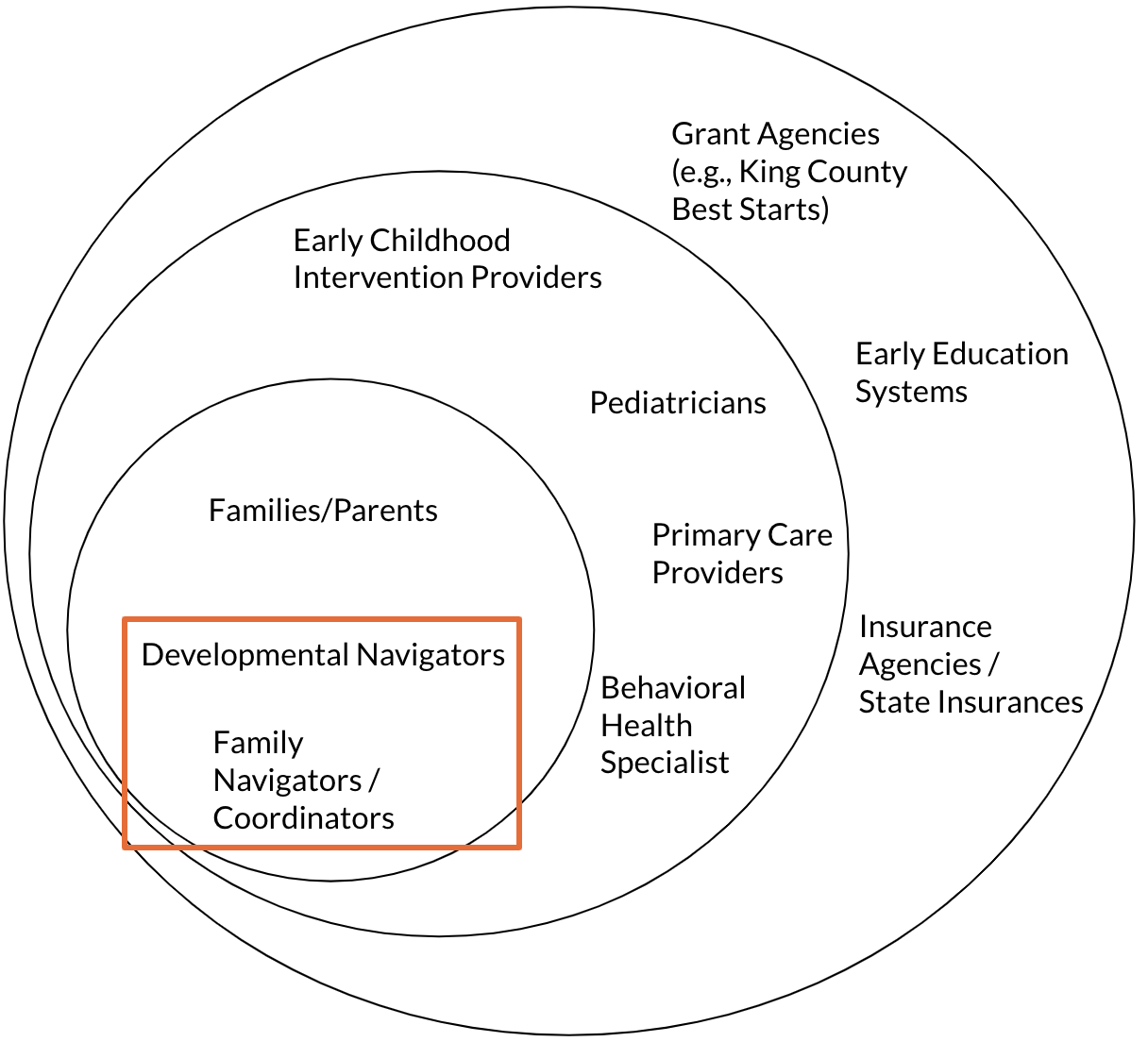
Culturally-Responsive Developmental Screening Tool
One in 6 children in the U.S. are diagnosed with developmental delays and disabilities, such as ADHD, autism, and anxiety disorders. Children in low-income families are twice as likely to experience developmental delays, potentially impacting their cognitive, physical, communicative, or emotional/social skills. I worked as a part of the Population Health Initiative to understand the market need & develop a strategy for adoption of the new, culturally‑responsive child developmental screening tool being developed at the University of Washington. I conducted customer discovery & market research, interviewing various stakeholders and provided recommendations on cost‑measuring, policy, legal, & regulatory issues. I also discussed considerations for scaling, financial models, & sustainability of the tool.

Designing for Tracking & Managing PCOS
Polycystic Ovary Syndrome (PCOS) is a condition that causes hormonal imbalance and infertility in women and people with female reproductive organs. PCOS causes different symptoms for different people, with no singular or universal cure. Being a stigmatized and enigmatic condition, it is challenging to discover, diagnose, and manage PCOS. Our work aims to inform the design of inclusive health technologies through an understanding of people’s lived experiences and challenges with PCOS. We conducted interviews with people diagnosed with PCOS and qualitatively analyzed a PCOS-specific subreddit forum. We reported people’s support-seeking, sense-making, and self-experimentation practices, and found uncertainty and stigma to be key in shaping their experiences with PCOS. We identified potential avenues for designing technology to support their diverse needs, such as personalized and contextual tracking, accelerated self-discovery, and co-management.

Design Methods for Dementia
User-centered design is typically framed around meeting the preferences and needs of populations involved in the design process. However, when designing technology for people with disabilities, in particular dementia, there is also a moral imperative to ensure their human rights are consciously integrated into the process and included in the product. Our work introduced a human rights-based user-centered design process informed by the United Nations Convention on the Rights of Persons with Disabilities (CRPD). We conducted design workshops with undergraduate students and dementia advocates to design technology for people with dementia. This case study demonstrates our novel approach to user-centered design that centers human rights through different stages of the workshop and actively involves people with dementia in the design process.

Designing to Support Co-management of Stigmatized Chronic Health Conditions
People living with chronic health conditions often have to take care of multiple medical, logistical, and everyday tasks. Unlike shorter illnesses, chronic health conditions are lifelong, often requiring constant monitoring and management. People also experience stigma around their self-image and abilities, further making acceptance of and life with the condition challenging. I looked into how people living with chronic health conditions informally share the responsibility of managing their health and daily life activities with people in their close circle. I interviewed people living with chronic health conditions who collaboratively manage (or co-manage) their health and reported on their (a) current co-management practices, including their use of technology, and (b) experiences with stigma and its impacts on disclosure, support-seeking & communication around their health in different environments. I identified avenues for designing technology to support people’s diverse co-management needs.
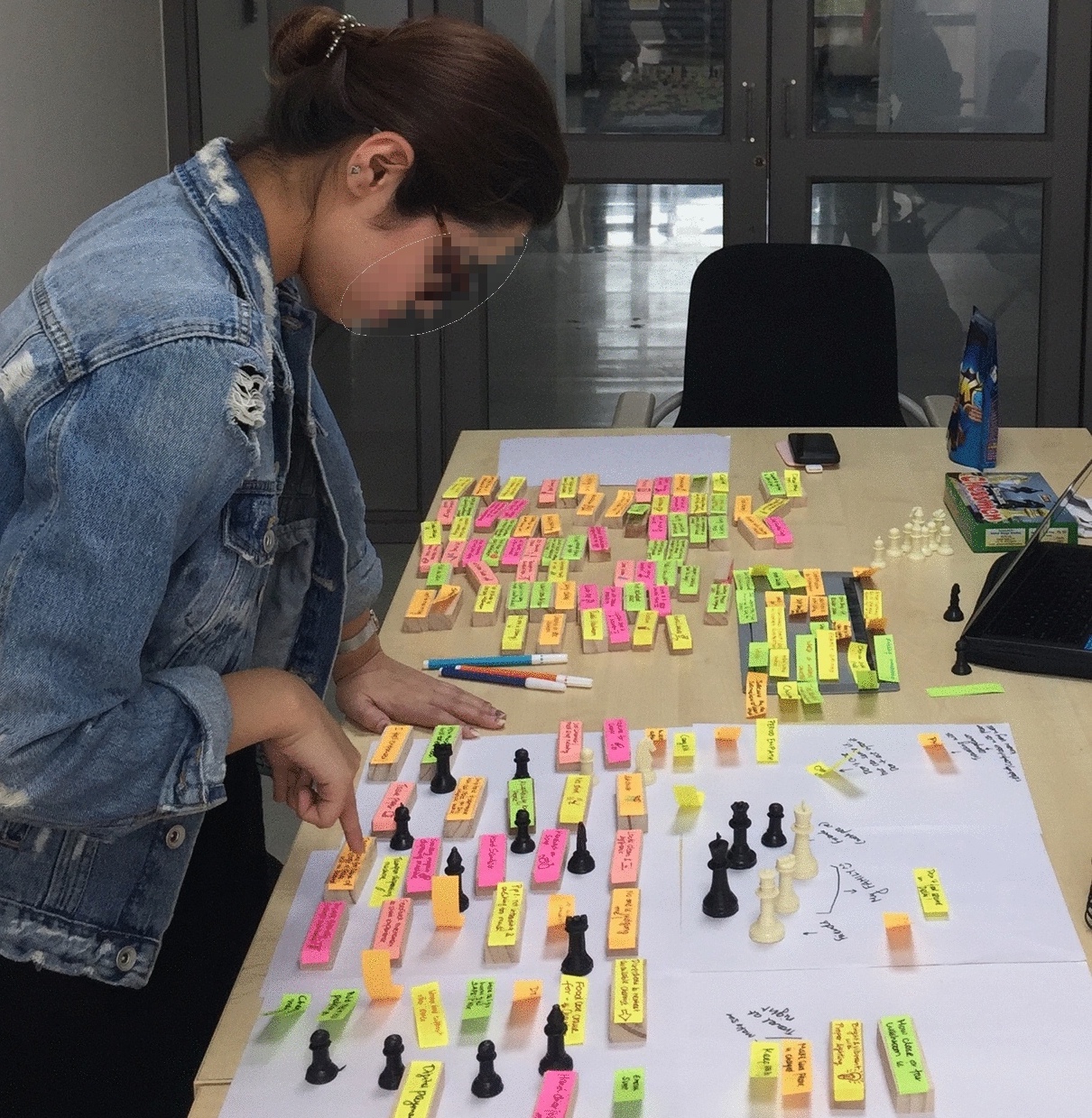
Menstrual (Im)mobilities & Safe Spaces
Daily management of menstrual hygiene becomes challenging in cultural contexts where menstruation is stigma. Our research aims to identify & examine such challenges faced during menstruation in the urban environs of Delhi, India. We used participatory design activities, interviews, and a survey to investigate how participants deal with their periods on the go. We also examined participants’ conceptualizations of "safe spaces" where they were able to deal with their period on their own terms. We discuss how menstrual mobilities are being or can be supported through technology-based interventions.
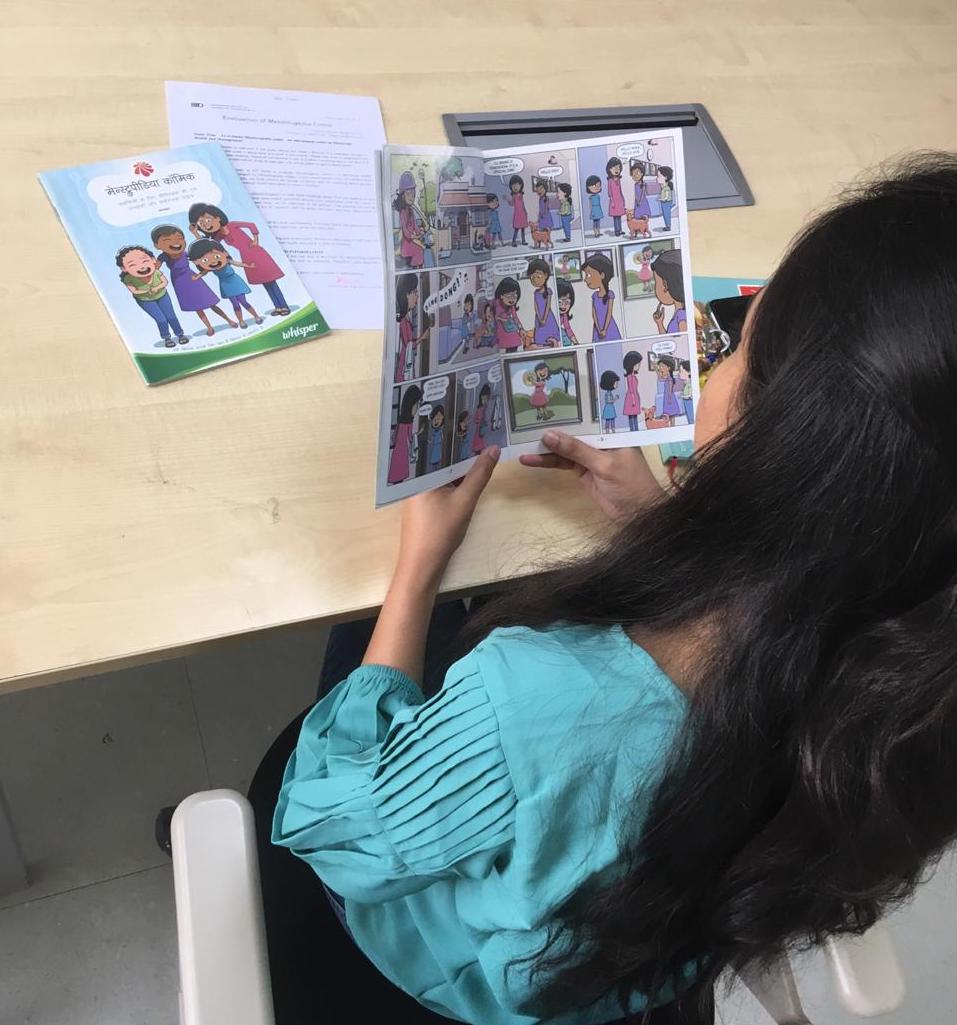
Understanding & Designing for Menstrual Health Education in India
Menstruation is a conversational taboo in India, restricting the effective delivery of Menstrual Health Education. Menstrupedia, a digital platform designed for an Indian audience, aims to bridge this information gap via its website and comic. We use qualitative research methods and engage with a Feminist HCI lens to analyze Menstrupedia’s affordances & shortcomings. We make provide recommendations for designing culturally-responsive technology for educating about sensitive health topics such as menstruation.
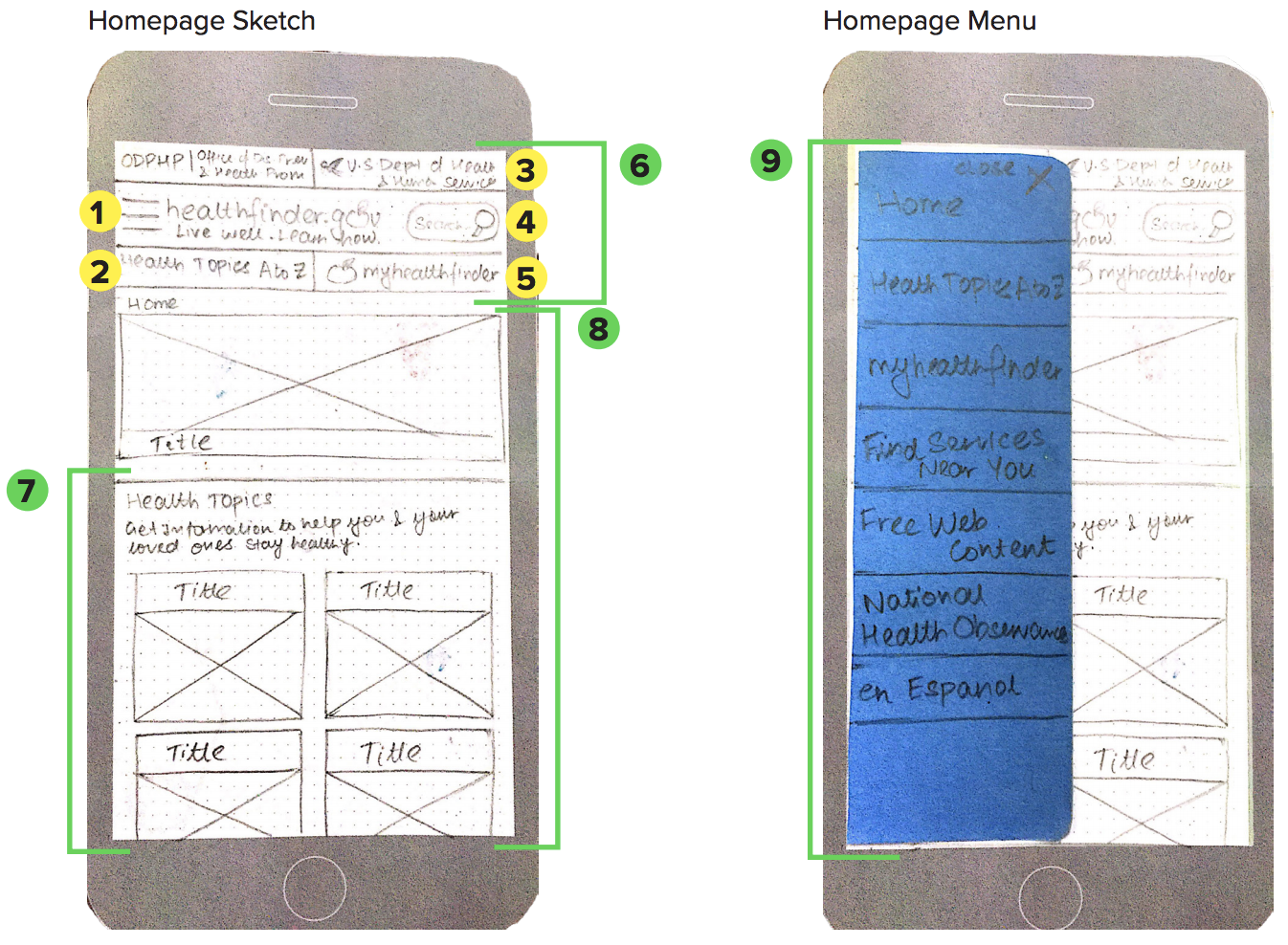
Interface Re-design for Better Access to Health Information by Low Literacy Users
Usability testing and redesign of the healthfinder.gov mobile website to make health information more accessible to populations with low health literacy skills in the U.S. Work done in collaboration with Communicate Health - a health education & communication firm that strives to bring clear and simple health information to low health literate users.